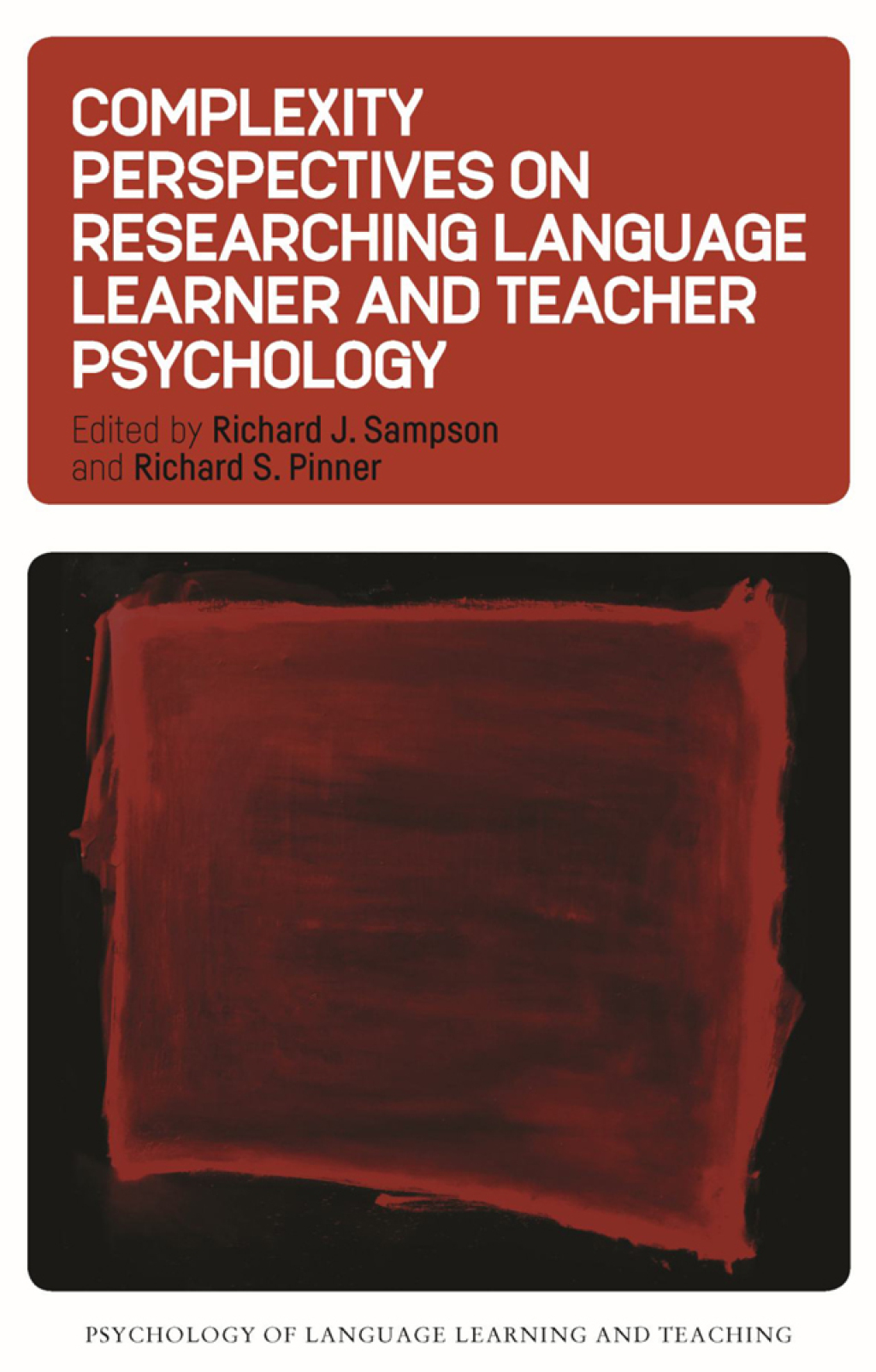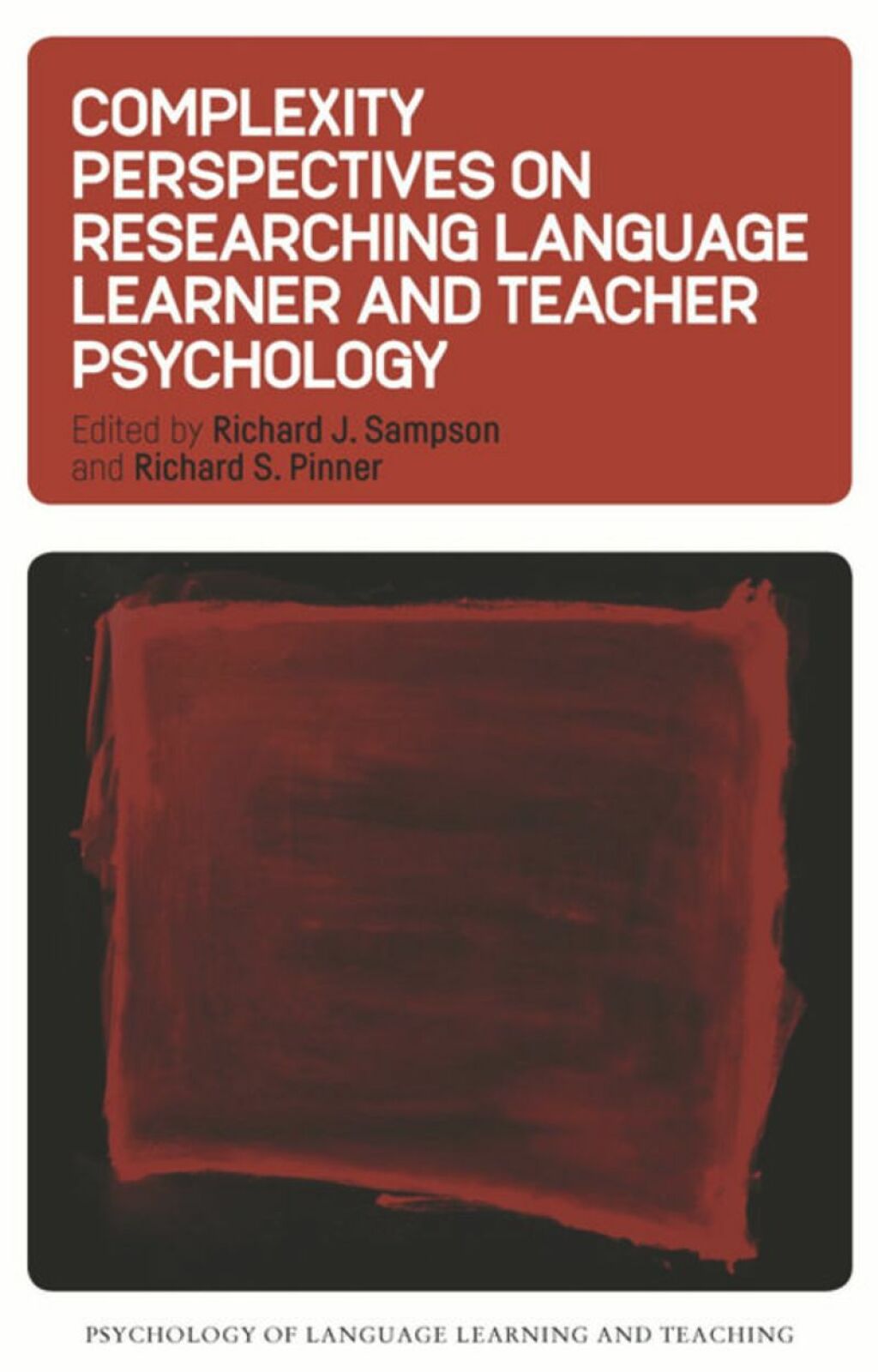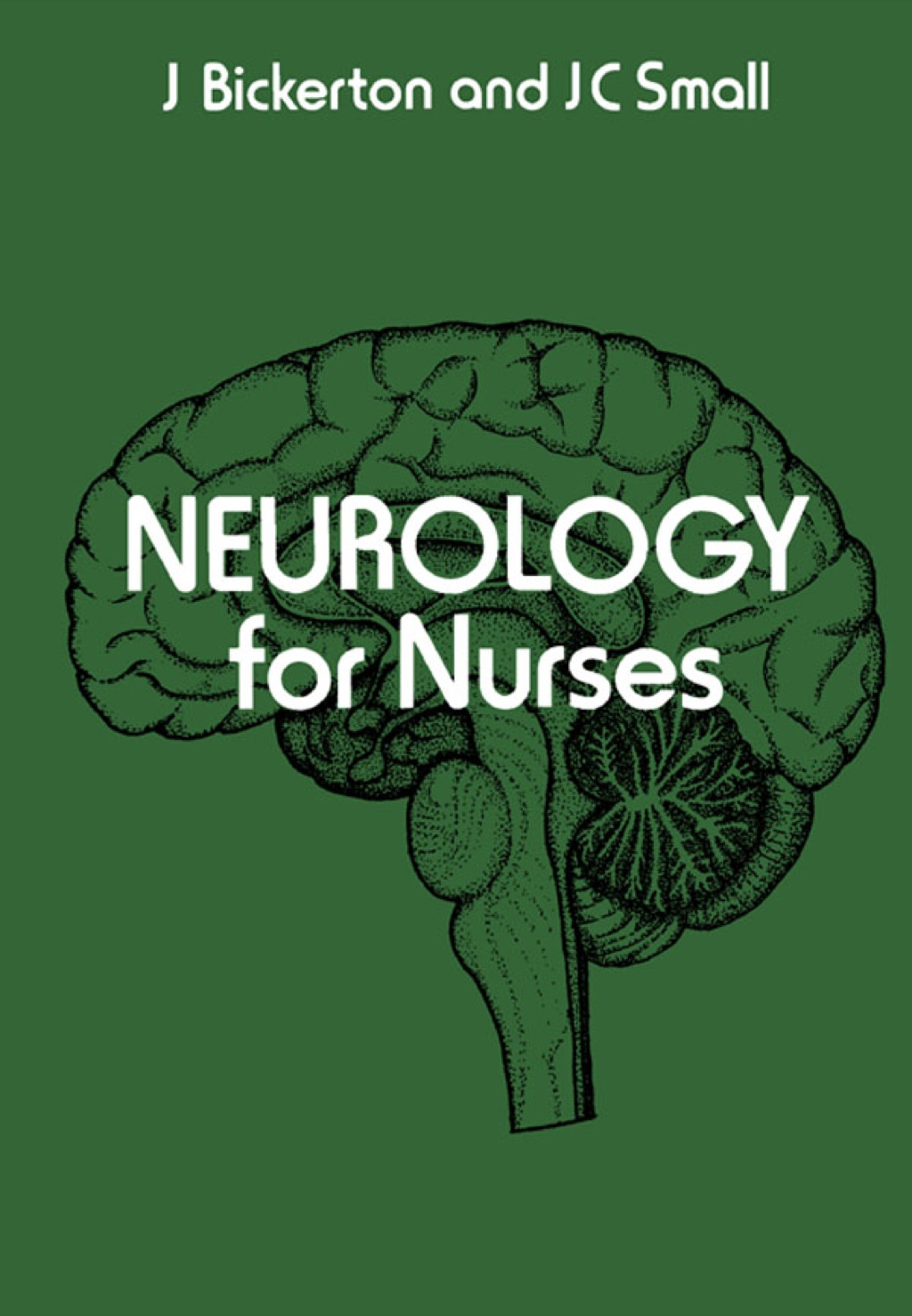This edited volume brings together both established and emerging researcher voices from around the world to illustrate how complexity perspectives might contribute to new ways of researching and understanding the psychology of language learners and teachers in situated educational contexts. Chapter authors discuss their own perspectives on researching within a complexity paradigm, exemplified by concrete and original examples from their research histories. Moreover, chapters explore research approaches to a variety of learner and teacher psychological foci of interest in SLA. Examples include: anxiety, classroom group dynamics and group-level motivation, cognition and metacognition, emotions and emotion regulation strategies, learner reticence and silence, motivation, self-concept and willingness to communicate.
Complexity Perspectives on Researching Language Learner and Teacher Psychology 1st Edition
Author(s): Richard J. Sampson; Richard S. Pinner
Publisher: Multilingual Matters (NBN)
ISBN: 9781788923545
Edition: 1st Edition
$39,99
Delivery: This can be downloaded Immediately after purchasing.
Version: Only PDF Version.
Compatible Devices: Can be read on any device (Kindle, NOOK, Android/IOS devices, Windows, MAC)
Quality: High Quality. No missing contents. Printable
Recommended Software: Check here
Important: No Access Code
Description
Related products
Complexity Perspectives on Researching Language Learner and Teacher Psychology 1st Edition
Author(s): Richard J. Sampson; Richard S. Pinner
Publisher: Multilingual Matters (NBN)
ISBN: 9781788923545
Edition: 1st Edition
$39,99
Delivery: This can be downloaded Immediately after purchasing.
Version: Only PDF Version.
Compatible Devices: Can be read on any device (Kindle, NOOK, Android/IOS devices, Windows, MAC)
Quality: High Quality. No missing contents. Printable
Recommended Software: Check here
Important: No Access Code
Description
This edited volume brings together both established and emerging researcher voices from around the world to illustrate how complexity perspectives might contribute to new ways of researching and understanding the psychology of language learners and teachers in situated educational contexts. Chapter authors discuss their own perspectives on researching within a complexity paradigm, exemplified by concrete and original examples from their research histories. Moreover, chapters explore research approaches to a variety of learner and teacher psychological foci of interest in SLA. Examples include: anxiety, classroom group dynamics and group-level motivation, cognition and metacognition, emotions and emotion regulation strategies, learner reticence and silence, motivation, self-concept and willingness to communicate.














